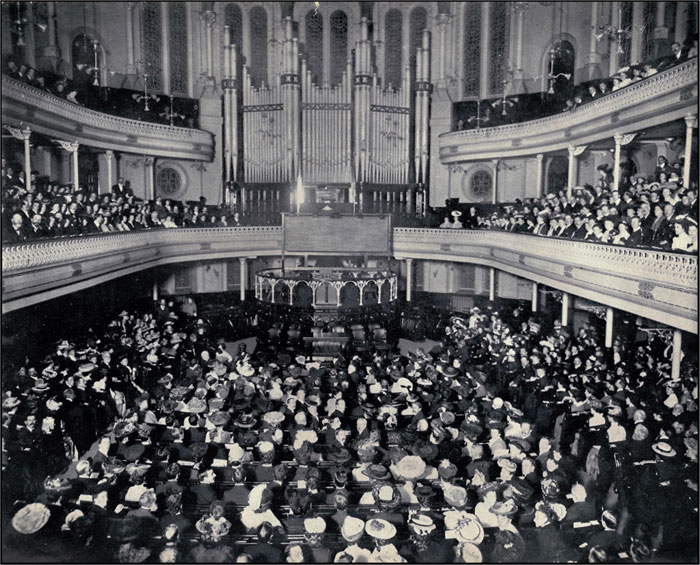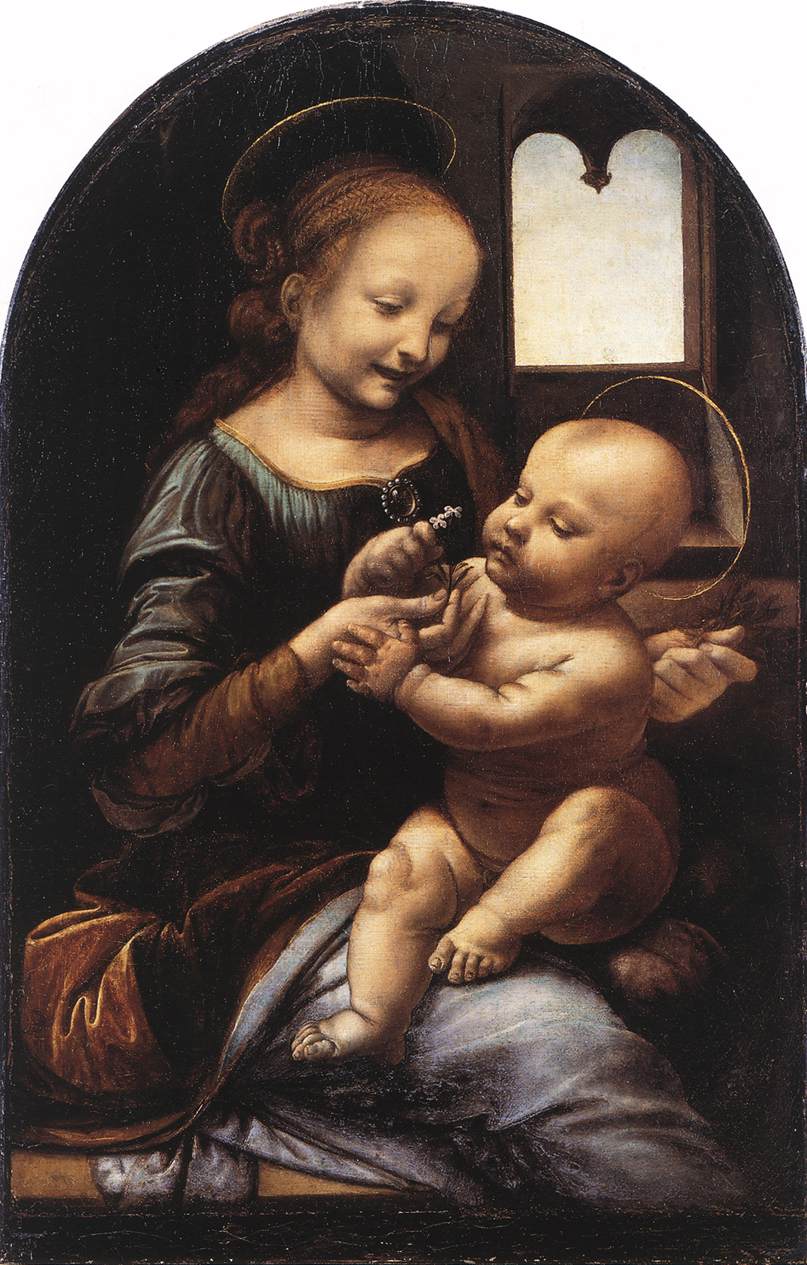Journalling Job III: Big Picture
When all is said and done, this is a baffling book to me. For years I’ve settled for bits and pieces of what others have said about it, and though I’ve read it several times myself, I’ve never truly faced my bafflement. Now I’m acknowledging it.
It’s a tremendously rich book, one with many doors into it. I’ve thought of it often this year in relation to the slander my husband has had to endure, and the way his integrity isn’t being vindicated while the nitwits and liars seem to be getting what they want. Last night at a Bible study, Job came to my mind when the discussion turned to the question of how believers should go about confronting each other. Then, a few minutes later, someone else brought up Job in connection with patience. Someone else spoke of him as steadfast. Someone else spoke of the book’s forecasting of Jesus. Someone else said they weren’t quite sure what to do with God’s tone in responding at the end. All of this took place in a discussion that wasn’t even focused on the book of Job.
I’ve always thought of it as the quintessential validation of questioning God, and the most honest acknowledgment in Scripture of the way God’s justice fails to be borne out the way we may expect or want it to. Good people suffer; bad people make out like bandits. After thoroughly discrediting our idea that if we follow a sort of Ben Franklin style of righteousness — “hard work + virtue = success” — God will bless us with an easy life, the book concludes with a happy ending in which “Job the righteous” is restored to being “healthy, wealthy and wise” (to stick with the Ben Franklin chipperness).
Why?
Job’s main question throughout is, “Why am I suffering?” As a reader, I’ve been given the answer to this at the outset: God is testing Job, at Satan’s suggestion. What I wonder is, why is he restored? It looks like both the suffering and the restoration are arbitrary events with no connection to anything Job does or doesn’t do. If God doesn’t want to be seen as a cosmic gumball machine, then we can’t read the ending as Job’s reward any more than we can read the suffering as Job’s punishment. I don’t feel comforted by this.
What I don’t understand:
Why does God say to Job’s 3 friends, “I am angry with you because you have not spoken of me what is right, as my servant Job has”? In what way has Job’s characterization of God been more “right” than his friends’? Though he’s often described as steadfast, what I see is a man who’s all over the map in his response to his condition. Sometimes he’s noble: “Though he slay me, yet will I trust him.” Sometimes he’s hopeful: “When he has tried me, I shall come forth as gold.” But in other places, he’s simply wallowing in self-pity. He’s often quite loud in proclaiming his righteousness and purity. And he sees God at some points as the most malevolent of enemies. It makes “Sinners in the Hands of an Angry God” look like child’s play. I wanted to reread some parts, so I listened to the audiobook of chapter 16 while I was running on the treadmill yesterday. My daughter came into the room and asked in awe, “Who is he talking about?” I’m not sure what part of this God is commending in chapter 42, unless it’s simply Job’s refusal to reduce God to the humanly conceived terms of justice.
What I do see:
Job maturing. At the start, I mentally lumped him together with the narrator of one of my all-time favorite stories, Melville’s Bartleby the Scrivener, who describes himself as “an eminently safe man.” Thanks to the combination of horrible things happening to him, and friends who infuriate him into pressing far more deeply and clearly into the real nature of his complaint than he would otherwise have done, he exhibits a tenaciousness and honesty that enable him to hang in there until he has a face-to-face encounter with God. This is anything but “safe”; after all, “he’s not a tame lion.”
Argument as a good thing. I hate arguing; I hate the frustration of “If I could just say this again more clearly I KNOW you’d agree,” the anger of it not working, the tendency of argument to go off track and become personal. All of those things happen in this story. But because of this, Job is forced to articulate his complaint better than he ever would have been able to do in isolation. Presumably the discussion at the human level moves Job to the place where God can respond. This is what iron sharpening iron looks like, and God sees to it that the mess is cleaned up afterwards; he tells Job to pray for his friends, and tells them to make a sacrifice.
Nature as an invitation to delight. Several times, the beauty and awesomeness of nature are referenced in the four-way argument between Job and his friends, but God places it before them again when he finally speaks. His description of nature as evidence of his own power, and his obvious pride and delight in it, is the only answer he gives; he never addresses the questions about justice. But his description of creation attacks the foundation of Job’s complaint: a man-centric view of the universe. (I would have noticed this, but I’m indebted to Bill McKibben for helping me to understand its importance. I’m about halfway through The Comforting Whirlwind: God, Job and the Scale of Creation and will review it soon. I wanted to get through Job myself before doing any reading on it, but there was this book on my shelf, where it’s been for years, unread, and I couldn’t help myself: I picked it up and read in it last night.)
A caustic response. Job wanted to hear from God, and hear he did. Wow. The relentless sarcasm never lets up. When I got to Chapter 42, where God refers to Job as one who has spoken rightly about him, I found it confusing. The fact of God’s response indicates a level of love and respect for Job, and a divine approval of his persistence and his — audacity? — in questioning God. But the actual words make me shiver. It’s kind of like Job stuck a stick into a dark corner to flush out a woodchuck, and a roaring lion came charging out.
So now I’m back to my uncertainty. Does God like to be questioned? Or not? Was it Job’s questions that God approved of — or his repentence, and withdrawal of his questions?
Knowing when to stop. Though I’ve thought of this book as an endorsement of questioning, Job appears to be as much about knowing when to stop asking questions, and how to respond to God’s answers. One of the interesting things about Job is that though few of us endure the level of loss that he does, we share his tendency to question. Even I, sitting comfortably in my house with a healthy family and food on the table, have asked similar questions. Is this part of my sinful nature? Frankly, I’m ashamed that from such a comfortable position, I would wonder about God’s justice, or feel resentful about the way he’s doing things, or feel I deserve better. Once when I was wrestling with whether God was good and trustworthy, a wise mentor told me, “Your questions are good, and God isn’t threatened by them. He welcomes them, because they bring you closer to him. But every time you start down this road, I wonder whether you’re going to come back.” The questions Job raised, which God didn’t dignify with an answer, may be located less in the external world than in our shared humanity. The effectiveness of God’s response to Job was to raise his eyes to the external world, in fact.
Obviously I need to study the book further… But the best part of my reading of it this time is that I’ve finally begun to wrestle with it myself, rather than go belly-up and accept others’ interpretations. Now that I have an authentic reading under my belt, it’s time to seek out what others have to say.


